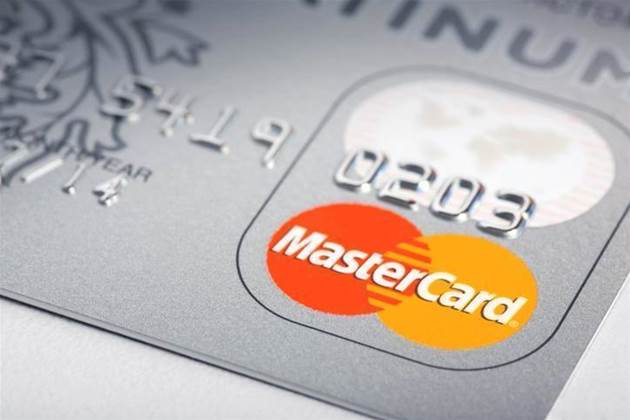Web3 platform Immersve has partnered with Mastercard to give customers the option to use cryptocurrency from their Web3 wallet to make digital, physical and metaverse purchases.

According to Immersve, its solution does not require a user’s digital assets to be held as collateral by a third party, which means users will remain in complete control of their digital currency.
Immersve uses decentralised protocols, such as smart contracts, to bridge Web3 and Web2 applications.
This means users will retain control over their funds until they wish to purchase goods or services, as well as the convenience of being able to use their digital cash at any merchant that accepts Mastercard online.
The platform will partner with a third-party settlement provider and their customers will use USDC for all purchases. USDC will then be converted to fiat currency and settled on Mastercard’s network.
Immersve will partner with Mastercard to address KYC/AML, online fraud detection and blockchain analytics, leveraging the Mastercard Identity Services and CipherTrace solutions.
Jerome Faury, CEO at Immersve said collaborating with Mastercard is a big step towards mainstream adoption of Web3 wallets.
He said, “We love the fact that our platform supports both centralised crypto payments and decentralised experiences, to enable individuals to become the master of their money. Immersve is literally building bridges that make it possible for individuals to transact directly from their crypto wallet, anywhere Mastercard is accepted online.
“We want to bring the best of web3’s technology and values, to everyday payment experiences. But we also want to provide traditional guardrails, like the Mastercard network’s consumer protections, to crypto natives transacting online.”
Kallan Hogan, vice president of business development, Australasia, Mastercard said the company is investing in enhancing trust in new environments through its cybersecurity, fraud, and tokenisation solutions, among others.
“As these communities are interacting with traditional fiat currencies and new digital currencies, Mastercard continues to work with its partners to bring relevant payments solutions and programs to market, guided by Mastercard’s foundational principles in the digital assets and blockchain space – stability, regulatory compliance, and consumer protection,” she said.
Hogan said he is seeing a number of leading retailers investing and engaging consumers in the metaverse.
“There are opportunities for brands to create new immersive experiences and engage with new audiences. Again, underpinning any brand is trust. Mastercard’s ongoing payment technology including security solutions, data and analytics, artificial intelligence, blockchain and contactless payment technology provides a secure platform for better business.”
He said organisations are currently living in the age of impact, where people believe in the power of brands to effect positive social change.
“In response, Mastercard is continuing to evolve our solutions to provide secure and innovative payments,” he said.
“Opening up more opportunities for businesses to evolve and offer new products and experiences in new environments and for customers to pay both when and how they want – whether in digital asset ownership, the metaverse or in Web3 as they both evolve and, in the future, potentially intersect.”



_(33).jpg&h=140&w=231&c=1&s=0)

_(28).jpg&h=140&w=231&c=1&s=0)





 iTnews Executive Retreat - Security Leaders Edition
iTnews Executive Retreat - Security Leaders Edition
 iTnews Benchmark Awards 2026
iTnews Benchmark Awards 2026
 iTnews Cloud Covered Breakfast Summit
iTnews Cloud Covered Breakfast Summit
 The 2026 iAwards
The 2026 iAwards












_(1).jpg&h=140&w=231&c=1&s=0)



